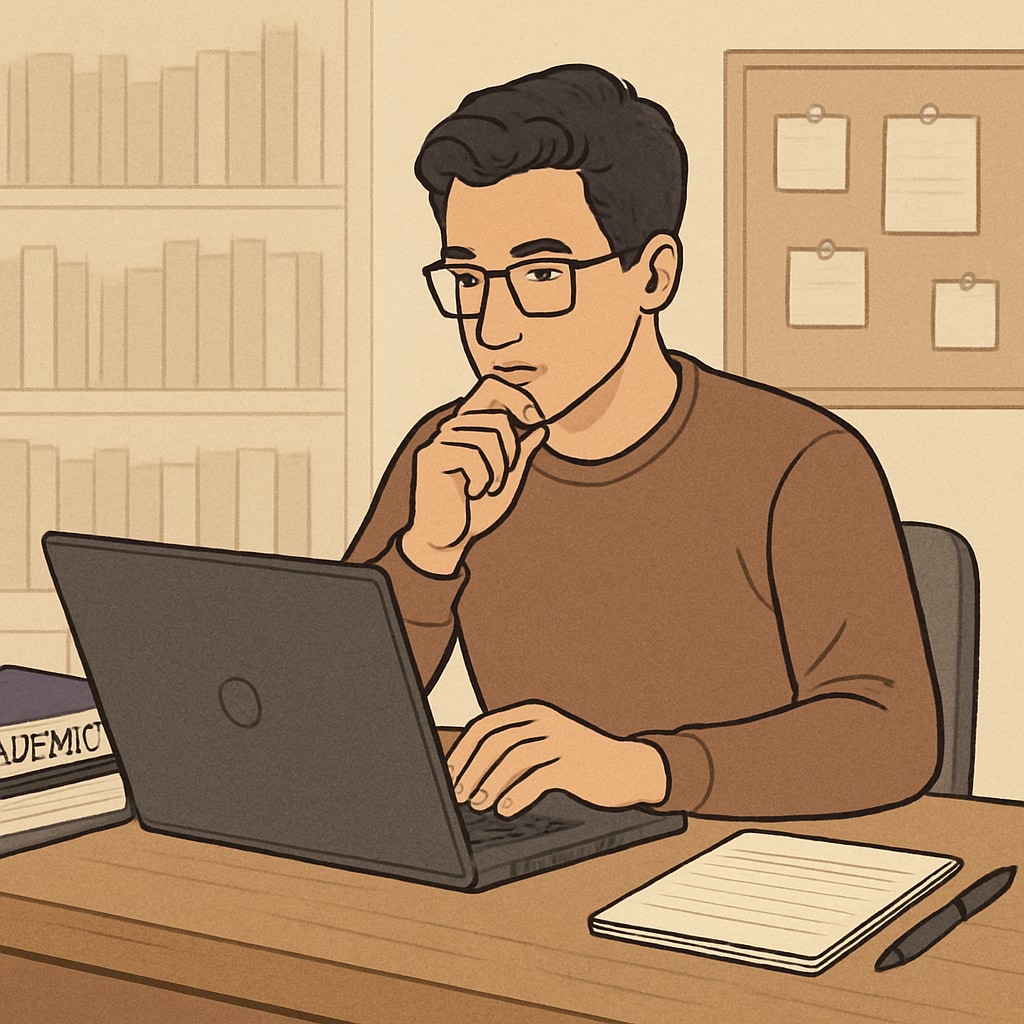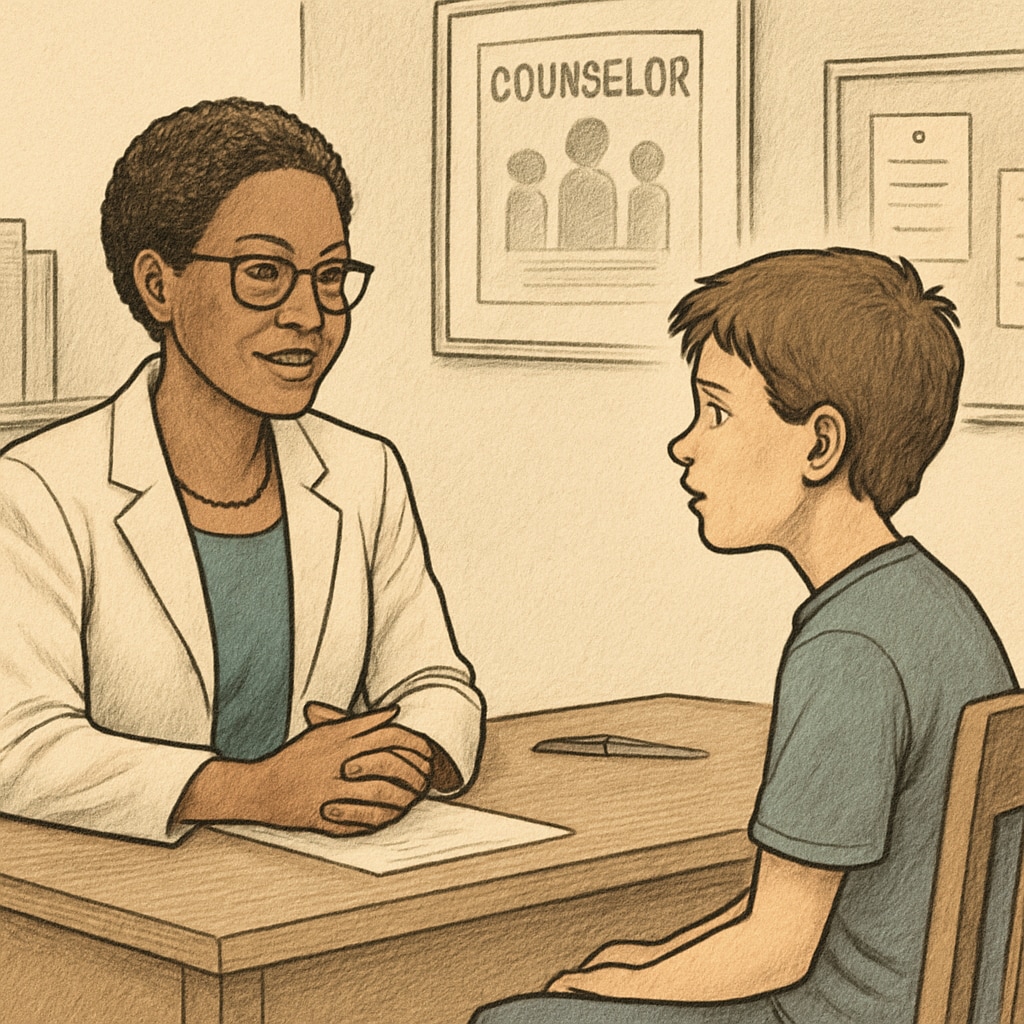For many graduate students, particularly those in education or counseling programs, the task of interviewing school counselors for assignments often presents significant challenges. Barriers such as limited access to K12 professionals, time constraints, and a lack of established networks can turn a seemingly simple task into a daunting one. This article delves into the common obstacles faced during such tasks, uncovers structural reasons behind these challenges, and provides actionable solutions for graduate students navigating their research assignments.
Understanding the Challenges of Interviewing K12 School Counselors
Graduate students frequently encounter hurdles when attempting to reach out to school counselors. These challenges often stem from factors such as:
- Time Conflicts: School counselors juggle numerous responsibilities, from supporting students’ mental health to academic advising, leaving limited availability for external interviews.
- Lack of Familiarity: Many graduate students lack established professional networks within K12 settings, making it harder to identify and approach potential interviewees.
- Institutional Gatekeeping: Some schools require prior administrative approval for any external inquiry, adding another layer of complexity to the process.
These barriers, while common, are not insurmountable. Understanding their root causes is the first step toward developing effective strategies.

Structural Reasons Behind the Challenges
The difficulties in interviewing school counselors for academic work can often be traced back to structural issues such as:
- High Workloads: Counselors in K12 settings frequently operate under tight schedules, balancing student needs, crisis interventions, and administrative tasks. This leaves minimal time for external commitments, such as interviews.
- Administrative Barriers: Schools often have strict policies governing contact between staff and external entities, including researchers, to protect student and staff privacy.
- Role Misalignment: Graduate students may not always communicate the relevance of their inquiries to the counselor’s professional expertise, leading to misunderstandings or reluctance to participate.
Recognizing these structural limitations is crucial for graduate students to tailor their approach and increase their chances of success.
Practical Solutions for Graduate Students
To overcome the challenges of interviewing school counselors, graduate students can adopt the following strategies:
- Do Your Research: Familiarize yourself with the school’s policies and the counselor’s role before making contact. This shows professionalism and respect for their time.
- Craft a Clear and Concise Outreach Message: When reaching out, explain the purpose of your interview, how it aligns with the counselor’s expertise, and the estimated time required. Be specific and respectful.
- Leverage Academic Networks: Seek introductions through professors, university partnerships with local schools, or alumni who may already have connections within the K12 system.
- Be Flexible with Timing: Offer multiple options for interview formats (e.g., email, video call, or in-person) and times to accommodate their busy schedules.
- Express Gratitude: Acknowledge their time and effort, both during and after the interview, to build goodwill for future interactions.
By implementing these strategies, graduate students can significantly improve their chances of securing informative and productive interviews with school counselors.

Building Long-Term Connections with K12 Professionals
Beyond the immediate need to complete an assignment, graduate students should consider the broader benefits of fostering relationships with school counselors. These professionals can offer valuable insights, mentorship, and even collaboration opportunities for future research or career development. Here are some tips for building long-term connections:
- Stay in touch after the interview by sharing the outcomes of your research or findings.
- Attend education conferences or workshops where K12 professionals are likely to network.
- Join professional associations related to school counseling or education to stay connected with the community.
These efforts can transform a one-time interaction into a meaningful professional relationship, which can benefit both parties over time.
In conclusion, while interviewing school counselors for graduate assignments may initially seem challenging, understanding the barriers, addressing structural issues, and adopting practical strategies can help students bridge the gap. By doing so, they not only enhance their research but also gain valuable professional connections within the K12 education system.
Readability guidance: This article uses concise paragraphs, practical lists, and clear transitions to ensure accessibility for readers. Active voice is prioritized, and technical terms are briefly explained for clarity.


